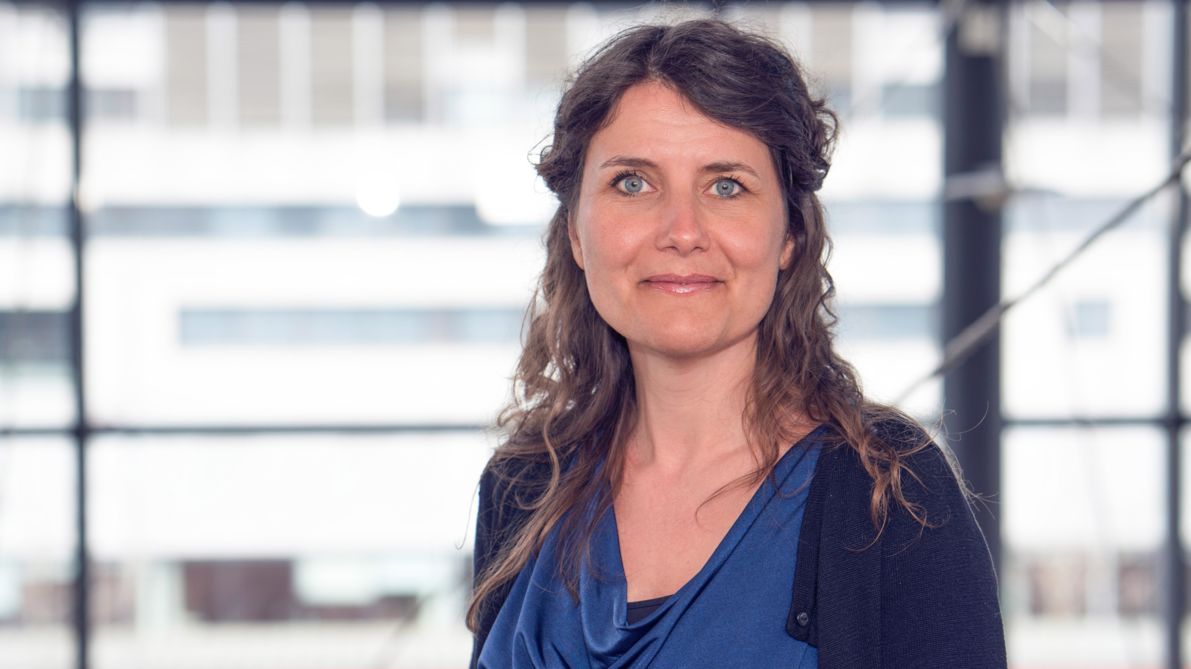Has your union representative made a difference for you and your colleagues? Then you can say thank you by nominating them for the Union Representative of the Year award.
News
Advice from the expert: Should you make safe choices when there is a crisis?
Many people are currently experiencing a loss of control that gives them a sense of insecurity. However, the crisis also provides us with time to reflect on our values and choices.

Jeanette Svendsen is a career consultant at IDA.
The other day I spoke to an IDA member who was faced with a dilemma.
He was offered an exciting job that he has long dreamt of, but financially it was not as attractive as his current job.
So, the question was whether he should embark on an adventure or just remain in the safe environment, now that the future seemed so uncertain?
The current crisis means that our choices and values become extra apparent. It is now that we have to decide as to who we are and what it is that is important to us.
However, we should ask ourselves the same questions daily, and with regard to the dilemma faced by the IDA member, there is no simple answer:
Our lives are in constant change, and we must take that into account. If you have bought a new house with your spouse and you have young children, it is quite possible that finances are the most important aspect of your job right now.
You have to prioritise security, and when the annoyance of tedious job assignments creeps up, you have to remind yourself that you have made an active choice that makes sense to you – at least in your current situation.
However, you also need to keep in mind that life and your career are in constant change. If you are dreaming of a career change, you can start taking small steps in the direction you want to head. You can take courses or restructure your personal finances so that you can bear taking on greater risks in the future.
Use the situation as a time for reflection
In career counselling, we often talk to members who are 10-15 years into their careers and who feel they have simply gone with the flow.
They have never considered what is important to them, but now they may have time to contemplate about their daily life.
Because when you find yourself in the bustle of daily life, you often forget to look up and consider what you really want out of life.
Some people as they are spending more time with their families during these weeks, perhaps realise that their close relations give them more value than work. Others may feel that their work lacks meaning and makes them reconsider their occupation when they see doctors and nurses saving lives.
But it may also be that they discover how much enjoyment they actually get from their daily chats and good laughs with colleagues at the coffee machine, now that such interactions have been put on hold.
The most important thing is to reflect on the things that give value, whether it is security, family life, financial means or professional development.
Do we dare to do it better?
In difficult times like the current crisis, there are many things that one is unable to influence. For instance, you cannot control whether your employer is having to go out of business or how long you need to work from home. However, you decide on how to relate to the events.
People who handle crises best are ones who focus on what they can impact while not spending energy on factors that are beyond their control.
At some point, the crisis will fortunately end, and most people will return to their daily lives. The question is whether you choose to react to the contemplations you have made at home.
In the Danish TV series, Matador, there are two women who both leave their husbands but after some time come back to them. The one husband says, “Now everything will go back to as it was”, to which she responds, “Yes”, and ends up in a terrible marriage.
The other husband also says, “Now everything will go back to as it was”, but here the wife answers, “It can be a lot better – if we dare to.”
We do not know if daily life will be the same again, but perhaps by using the time to reflect, we can discover what is important to us so that we can enjoy more of our daily life once it returns.
And of course, it will have a price, because all choices do. But perhaps we can be a little more genuine in who we are and what we want.